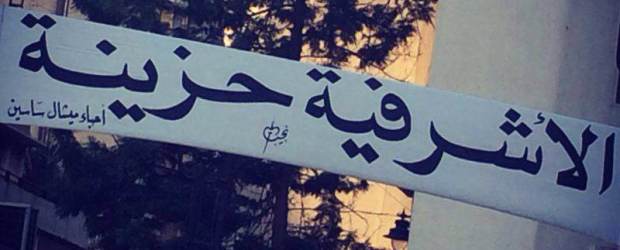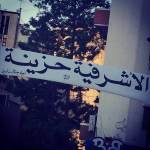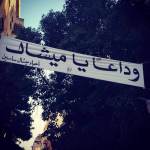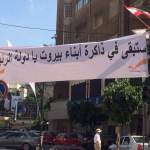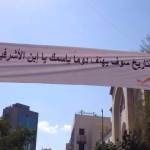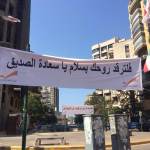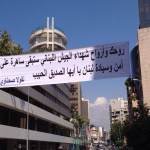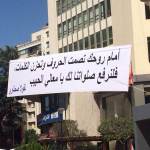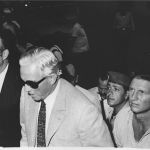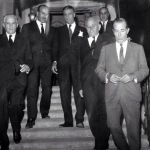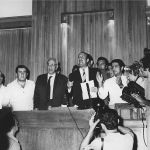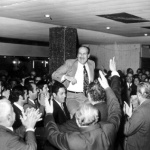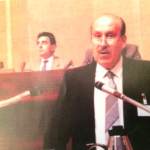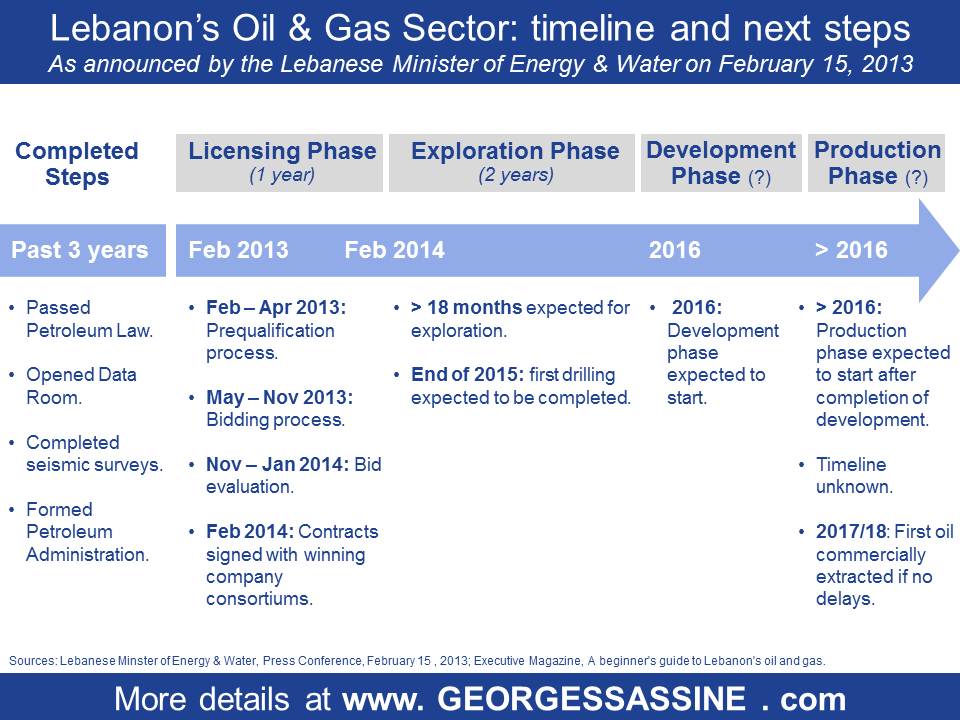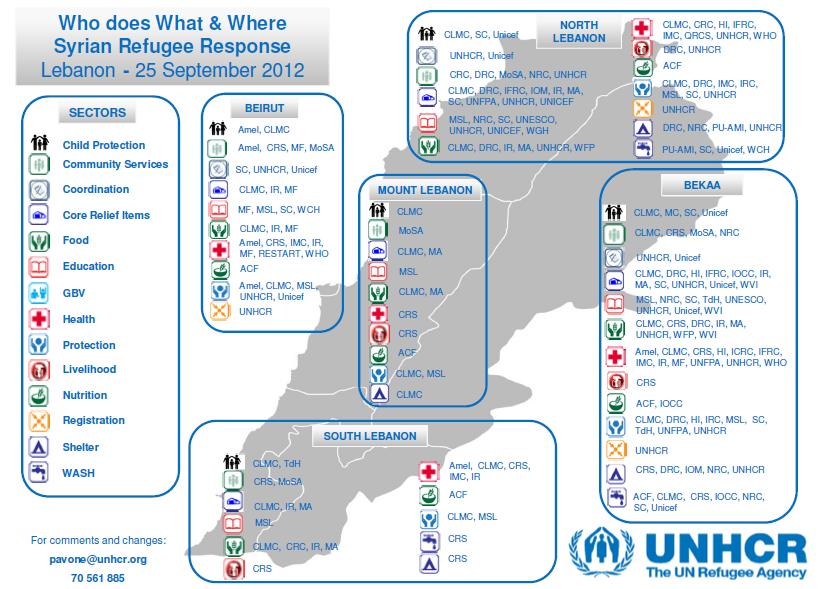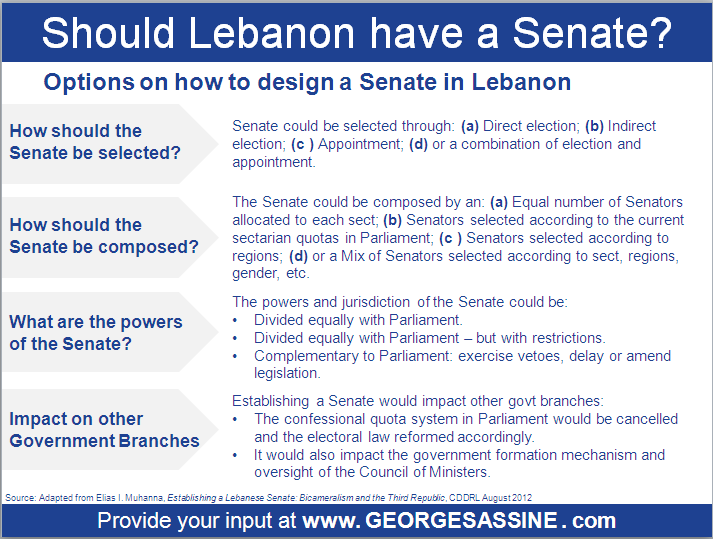On September 16-17, 2016 the Lebanese Ministry of Foreign Affairs and Emigrants held the North America Lebanese Diaspora Energy Conference in New York. The conference brought together Lebanese experts and expatriates in the United States and Canada to debate policy recommendations on issues related to entrepreneurship, energy, and education.
Notably a panel debating solutions to Lebanon’s energy challenges was moderated by Dr. Edgar Choueiri, Director of Princeton University’s Program in Engineering Physics. Panelists included Joseph Dableh – President LRT technologies & Oakville Green Development, Omar Sawaf – CEO Yellowstone Capital, Habib Dagher – Director of the University of Maine’s Advanced Structures and Composites, and Ziad Azar – Lawyer at White & Case LLP.
Georges Sassine, co-founder of the Lebanese Oil and Gas Initiative (LOGI), participated in the panel and addressed several issues related to Lebanon’s oil and gas industry. He highlighted two key points in his remarks which Minister Bassil responded to during the Q&A session:
Called Minister Bassil to clarify rumors of an oil deal and avoiding risks of grand corruption
Sassine, spoke of risks of corruption in the future developments of Lebanon’s oil and gas sector and spoke of the critical need to avoid what he qualified of “Grand Corruption” given that oil revenues could amount to levels never seen before in Lebanon’s economy.
He went on to call Minister Bassil to clarify rumors of a political deal on the oil and gas sector reached between himself and Speaker of Parliament, Nabih Berri. He raised in the name of LOGI and Lebanese citizens their extreme concern about the lack of transparency regarding (1) the original disagreement, (2) the agreement, and (3) the current stalemate. He said that there are rumors that the deal involves awarding Southern blocks to Russian companies. While these statements could be inaccurate they still raise very serious concerns. It is the right of every Lebanese citizen to be informed on all decisions related to Lebanon’s riches and it is the government’s duty to make such information widely and easily available to the public.
Minister Bassil addressed these comments in a public statement recorded on video saying: “there was no deal”. He said that they agreed on resuming the licensing round process under the same conditions of transparency and professionalism that were adopted three years ago, as well as tendering the offshore blocks one at a time instead of all ten blocks at once. Minister Bassil went on to say that his political party is the guarantor that the offshore oil and gas resources will be developed on the condition of transparency – there will be no corruption otherwise these natural resources should not be exploited. To close, he said “so answering your question: there was no deal.”
Fears of legalizing corruption
Sassine, also raised concerns regarding a decree passed by the Council of Ministers on February 06, 2013. He pointed to a specific article 3.3 in that decree which makes it possible for companies that do not meet the required technical or financial qualifications to partner with qualified companies and participate in the offshore licensing round. There are fears that these local Lebanese companies could be linked to politicians, which would make such a requirement a way to legalize corruption. The solution is to take out such a condition, and disclose the owners of the companies involved in Lebanon’s oil and gas sector. Transparency and accountability mechanisms have to be embedded as a critical foundation of any oil and gas related laws and policies.
Minister Bassil objected to these comments, and disagreed that such a requirement was included in the decree claiming that the process is being developed in a transparent way.
Please watch this video for more insights on policy recommendations for Lebanon’s electricity and oil and gas sectors

